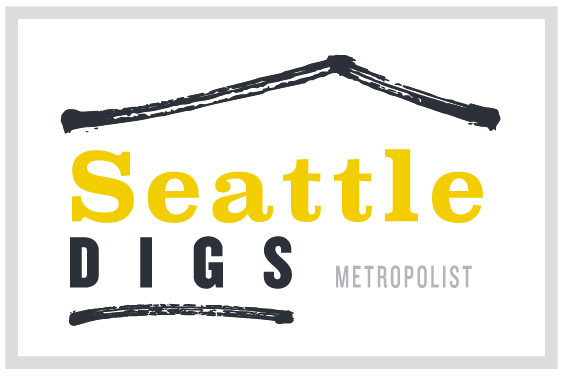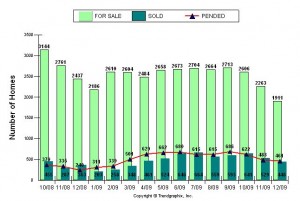The “Source” of the Source…
We try be a valuable resource to our clients before, during and after any transaction. And in fact, we want to be that kind of resource regardless of our business relationship. It is our philosophy that the best thing we can do for our business is to be of service to others! We are not the source of all information. But we do make it our business to be an information hub, or the “source” of the source, if you will, for our clients and friends.
One way we’re doing this is by starting a formal business networking group. We looked around and decided that Business Networking International (BNI) was a good fit. We are selecting members that share our business priorities (hard work, excellent service, fun, and a desire to grow business by providing great support for one another). If you, or someone you know, are interested in growing your business by consciously expanding your networks let us know. We are seeking new members and we encourage you to visit our group. We have found it to be fun, energizing and extremely effective.
Most importantly, if you are in need of a referral for a local professional we may have a great connection for you. You can visit our BNI group website for an ever increasing list of service providers. Or, better yet, give us a call because our networks extend far beyond the BNI group.
From Arborists to Yoga teachers we’ve got you covered! (We
don’t yet know any zoologists).
Warm Regards,
Domenica
Windermere Real Estate






